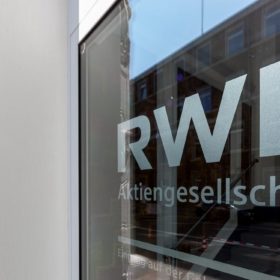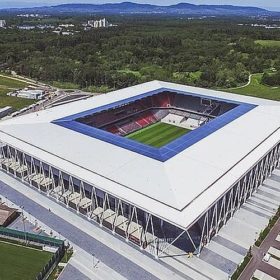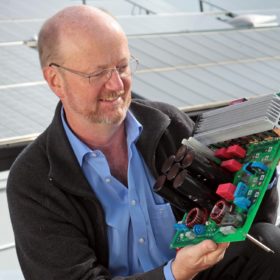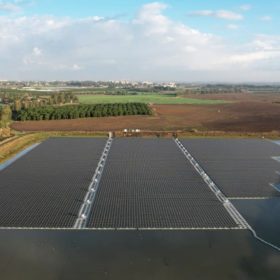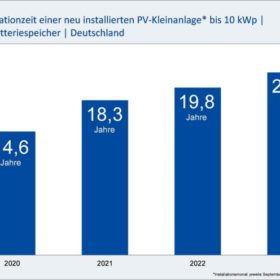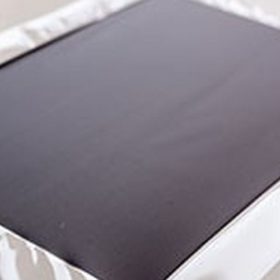RWE buys Polish developer Alpha Solar
Alpha Solar currently has a solar project pipeline with a capacity of 3 GW in Poland.
Germany deployed 548 MW of PV in May
The cumulative capacity of all subsidized PV systems in Germany hit 59.3 GW at the end of May.
Tracker-equipped solar park to power mineral oil tank facility in Austria
Austrian oil and gas company OMV will invest around €4.5 million in the solar park, which will be connected to the facility’s internal grid and will be used exclusively to power its operations.
Work begins on world’s second largest PV system on a stadium roof
The stadium of German football club SC Freiburg will host a 2.4MW rooftop solar array that will be built with heterojunction modules provided by Swiss manufacturer Meyer Burger.
Fraunhofer ISE reaches legal settlements with seven inverter manufacturers who infringed its patent
In 2002, the Fraunhofer ISE patented the HERIC circuit for highly efficient inverters. Since then, the institute says, it has recorded out-of-court settlements in seven patent infringement lawsuits against companies from China, Taiwan and Germany.
Belectric builds another floating solar park in Israel
The project is the fourth floating solar array that Belectric develops and builds in Israel.
New hybrid inverters for rooftop PV from Germany
The BW-HY3600 and BW-HY4600 inverters can be integrated with existing on-grid or off-grid PV systems and a battery storage system of 48V. Both devices, according to German manufacturer Bosswerk, have AC and DC coupling and are particularly suitable for residential and commercial solar arrays.
RWE reportedly considering sale of Belectric
According to media reports, the separation from the photovoltaic project developer is said to be part of the energy company’s plans to streamline its renewables business.
High PV system prices, falling FITs make small solar unviable in Germany
The payback time in Germany for new solar systems below 10 kW is increasing. According to EUPD Research, it could be almost 22 years by as early as 2023.
German researchers want to reduce manufacturing costs for electrolysers by more than 25%
A number of Fraunhofer institutes in Germany want to make green hydrogen more cost-competitive and are working to identify the best and most economical processes for the production of electrolyzers. They intend to build a digital library of future-proof electrolyser manufacturing processes with which the investment costs and even the return on investment can be determined in advance depending on the planned production volume.
